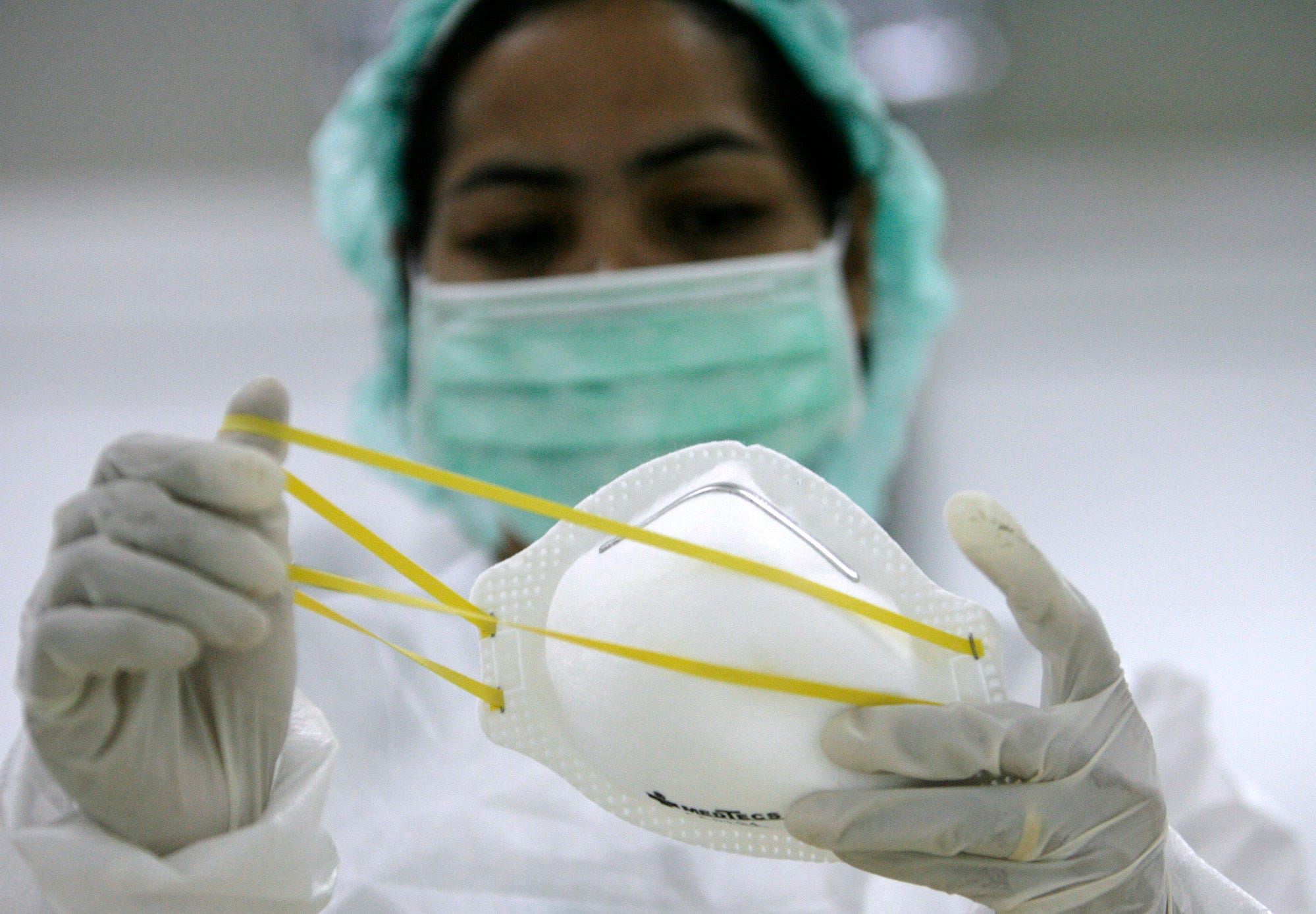Since the
beginning of the historic COVID-19 pandemic, one of the most debated topics has
been protective respirator masks and whether they help slow the
spread of the disease.
At the
pandemic's start, there was little evidence to prove or disprove the
effectiveness of wearing protective respirators in slowing the spread of this
particular coronavirus because COVID-19 was a new disease. Furthermore, little
research focused on the transmission of respiratory diseases during a global
pandemic of the magnitude of COVID-19, once-in-a-lifetime global disaster.
Naturally, there was little data on the efficacy of the best respirator mask
use during these exact circumstances.
Researchers in one study urge people
not to infer from reading studies:
Several
authors have justified not wearing protective respirators masks for four main reasons. First, they claim that there is
limited evidence that they are effective. The first argument can be questioned
on the basis that the absence of evidence is not evidence of absence.
In the
context of the COVID-19 pandemic, in health professionals who are in direct
contact with people with suspected or diagnosed COVID-19, the Ministry of
Health SUGGESTS the use of the best respirator N95 mask.
Protect lives with by wearing the
best respirator!
Some of the best
respirator masks are designed to
offer significant benefits in preventing the transmission of influenza viruses
or other respiratory viruses. However, its cost is considerably higher. N95
masks may not be available in health centers in a prolonged pandemic, so it is
advisable to rationalize their use.
The protective
respirators mask is additionally beneficial for personnel who perform medical
procedures such as tracheostomy, manual ventilation with an auto inflation bag
or non-invasive mechanical ventilation.
The protective
respirators may be more useful when
the risk of transmission is lower, such as in the usual care of people with
respiratory symptoms or without aerosol-generating procedures.
The group of
specialists consulted considered the research evidence presented and their
clinical experience and issued their judgment on the question, with which the
recommendation was subsequently elaborated.
Coronavirus: Recommendations for the
use of protective respirators
Protective
respirators are useful to prevent
the spread of viruses such as COVID-19. To take advantage of them properly, the
Ministry of Health, supported by the main directives of the World Health
Organization (WHO), has shared guidelines that can help guarantee their effectiveness
in the face of the current pandemic.
Keep in mind
that protective respirator masks are
only effective when combined with frequent hand washing with soap and water. In
addition, to comply with current regulations in the framework of the COVID-19 pandemic,
which requires its use when leaving home, you must learn to use and dispose of
it correctly.
It is also
important that you distinguish surgical masks from N95 respirators. The latter
is for the exclusive use of health professionals, as their effectiveness
depends on a more complex level of knowledge, and they are vital to protect
them from COVID-19.
The use of masks is mandatory in the
following cases:
·
If
you must leave home
·
If
you must care for someone suspected of COVID-19 infection
·
If
you have a cough or sneeze
·
Suppose
you must enter an establishment with a risk of crowding (shopping centers,
galleries, department stores, basic goods supply stores, supermarkets, markets,
warehouses and pharmacies). In that case, you must use a double mask
Follow these 4 steps:
1.
Wash your hands
Wash your hands with a good quality anti-bacterial
soap and water for at least 20 seconds before putting on the mask.
2.
Put on the protective respirators
Make sure to
evenly cover your mouth and nose securely with the protective respirator mask, leaving no gaps.
NOTE:
do not touch the mask with your hands. If you do or accidentally touch
it, wash your hands and face immediately with soap and water (or an
alcohol-based disinfectant). This immediate action will prevent from spreading
the virus to other surfaces.
3.
Remove the mask
After using
it, remove the protective
respirators by grasping it from behind without touching the front. You must
dispose of it in a closed container. Never reuse single-use ones.
4.
Wash your hands, again
After
disposing of the mask, wash your hands again with soap and water for at least
20 seconds to reduce the risk of contamination while wearing it.
Important
Check the
mandatory social immobilization schedules that you must respect from November 1
to 14, 2021, according to the Alerts where you live.


0 Comments